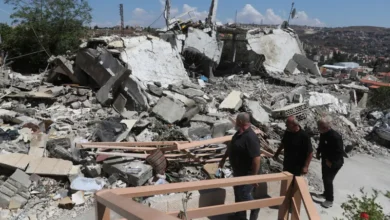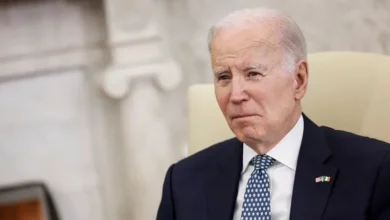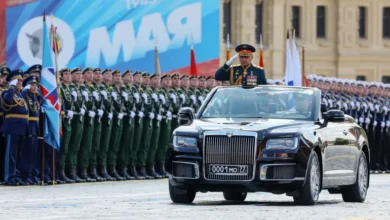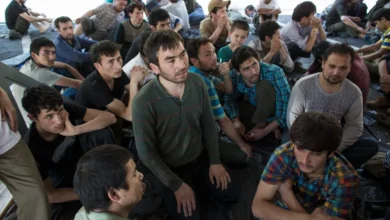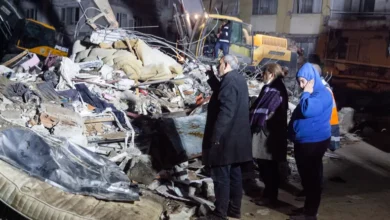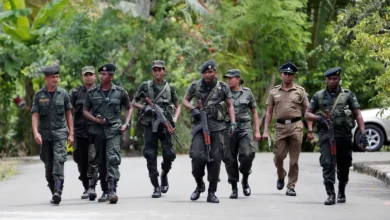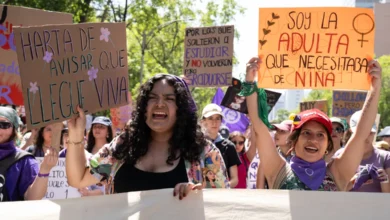Libya 6+6 deal: Loopholes cast doubt on democratic elections
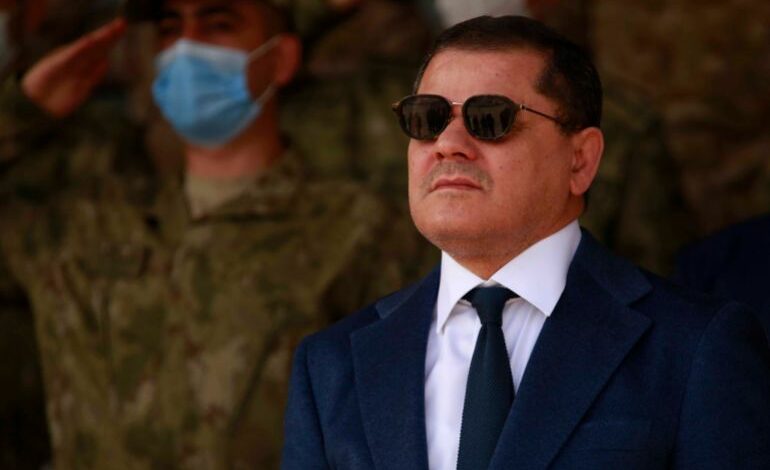
Libya’s feuding parties have reached an agreement on legal steps to hold long-delayed elections in the troubled North African nation, yet contentious issues blocking the democratic process remain unresolved, according to observers and a copy of the agreement seen by Al Jazeera.
A 6+6 committee drawn from Libya’s two rival legislative bodies – the Tobruk-based House of Representatives (HoR) and the Tripoli-based High Council of State (HCS) – agreed on June 6 on draft laws for presidential and parliamentary elections, inching forward in the country’s current political crisis.Libya has been fraught with conflict for more than a decade since the removal of former strongman Muammar Gaddafi during the Arab Spring in 2011 and rival factions began competing for power. By 2015, the two legislative bodies had formed and the struggle over Libya’s rule and wealth has continued since.
While welcoming progress, UN envoy Abdoulaye Bathily on Monday warned the Security Council that “key issues remain strongly contested,” blocking the road to “a final settlement” and harbouring the potential to spark a new crisis in the divided country.
He added that he intended to intensify negotiations to address “serious loopholes and technical shortcomings” in the draft laws and make them “implementable” and effective in regulating “successful elections”.The current political crisis stems from the failure to hold elections on December 24, 2021, and the refusal of Prime Minister Abdul Hamid Dbeibah – who led the transitional Government of National Unity (GNU) in the capital Tripoli – to step down.
In response, the country’s east-based parliament appointed a rival prime minister, Fathi Bashagha, who has for months sought to install his government in Tripoli.
Observers told Al Jazeera that many of the contested issues that hijacked the democratic process in 2021 were still unresolved.“Bathily is rightfully noticing the concerns around an elections programme that is not accepted across the political spectrum and that risks sowing further division,” Tim Eaton, senior research fellow at Chatham House, told Al Jazeera.
“Clearly his calculation is that he needs to get a much wider agreement on what happens next and the challenge is being able to do that [and] to move forward,” Eaton said.Presidential candidate eligibility
One of the main roadblocks to the democratic process has been reaching an agreement on the eligibility criteria for presidential candidates.
Azzedine Guerbi, a member of the Tobruk-based House of Representatives (HoR) who attended talks in Morocco’s Bouznika ahead of the deal, told Al Jazeera that the two sides had agreed that candidates with military affiliations must automatically resign from their posts.A copy of the text obtained by Al Jazeera states that once a candidacy is accepted, the presidential runner is “considered disqualified from their occupation or position by force of law”.
However, no additional provisions are made to ensure that a candidate does not resume their post once the electoral process is concluded.
Jalel Harchaoui, an expert on Libya and associate fellow at the Royal United Services Institute (RUSI), told Al Jazeera the failure to address the issue presents clear dangers.
